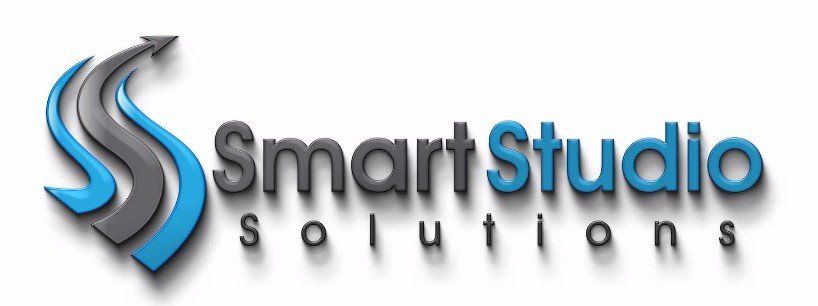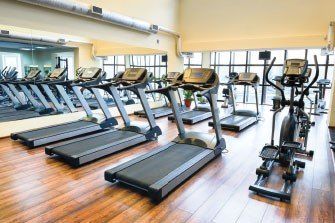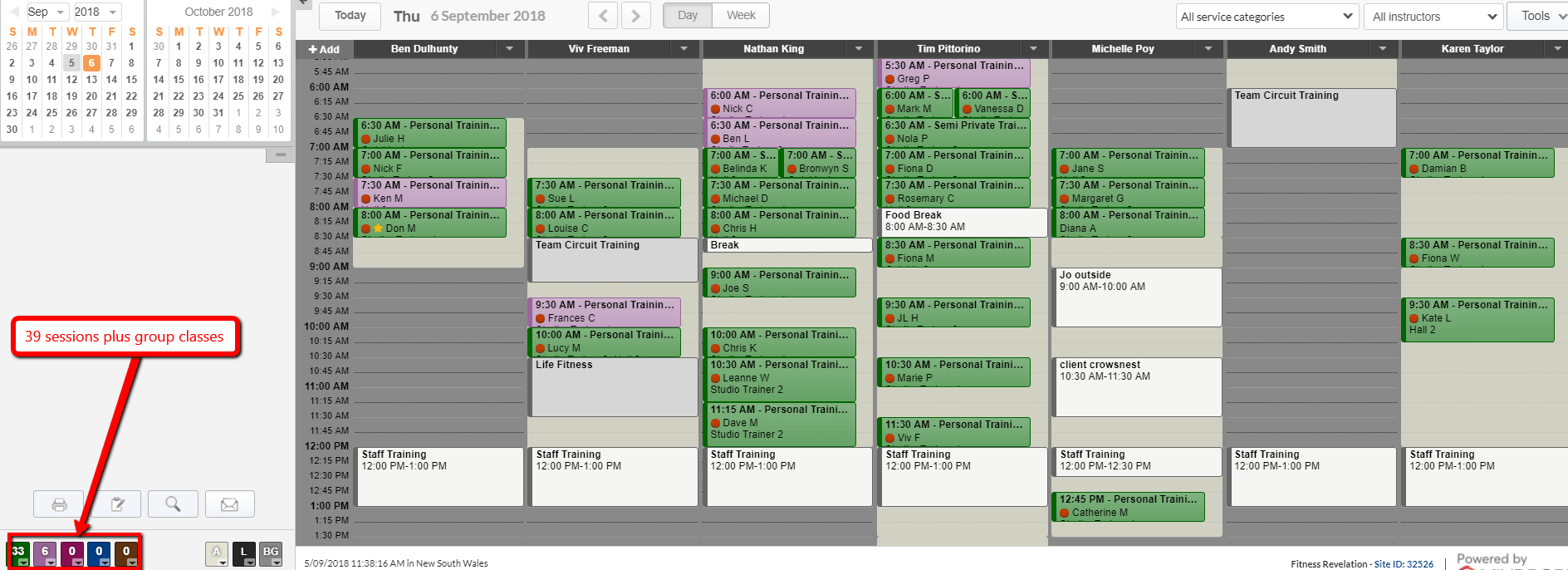Clauses to Make Sure to Get into Your Commercial Lease
When you’re negotiating your commercial lease, there are a few things that should absolutely be in there. Including all of the following items in your lease is strongly recommended:

- Corporate entity: If you’ve formed a separate corporation for your business, it is critical that this entity be identified as the “tenant” in all documents.
- You typically form a corporation for legal protection and accounting/tax benefits. Without your corporation as the tenant in the lease, you may lose all of these benefits and protections.
- Renewal options: Although you may never truly exercise your renewal option but rather choose to negotiate each renewal term, you should have this safety net for your protection, especially if your location is critical or your business is difficult to move. It is also important to ensure that your renewal options are not personal to you as the original tenant because these renewal options may be extremely important to any potential purchaser of your business.
- Assignment rights: Although almost every lease has some form of assignment rights, you must ensure that these are reasonable and allow you to sell your business and transfer the lease. Your assignment rights should permit you to transfer the lease, subject to landlord’s reasonable approval, and outline the steps, including timelines to complete the transfer. You must also be cautious of existing language within this clause; in some cases, the wording allows the landlord to simply terminate your lease if you request an assignment or allows the landlord to remove renewal options or other terms for the new tenant.
- Tenant inducements: Although this is a negotiable point, the vast majority of landlords are willing to and expect to provide free rent or tenant allowance to a tenant with a new lease. This isn’t limited to tenants signing a new lease, but should also apply to tenants looking to renew their lease. Tenants often leave money on the table because they don’t know to ask for these items or that they’re common.
- Signage: Visibility and exposure may be critical to a business owner. Signage is something that must be clearly defined in the lease agreement, especially pertaining to where you can have signage and what the costs are.
- Parking: Parking is important to both you and your customers. Often, tenants assume that parking is something they can deal with later or that won’t be an issue, but as with most things in a commercial lease, if it’s not in writing, don’t count on getting it.
- Exclusives: Ensuring that an indirect or direct competitor doesn’t move into the same business park, shopping centre, or building can have a substantial impact on your bottom line. Not only is it important to include such language, for many tenants, the exact wording of the language can make all the difference.
- Holdover: This provision indicates how much the landlord can increase your rent should you stay past any expiration date of your lease. This may never come into play for many tenants, but there may be situations in which you must remain in your space an extra couple months, and your rent potentially doubling or tripling during that time could be very costly.
- Percentage rent: Some landlords require this extra rental rate for tenants, and it can cut a significant amount of money from your bottom line if you’re not aware of how these numbers work. Percentage rent can be negotiated out of the lease entirely or modified to lessen the impact.
- Radius restrictions: Opening up a second location? Not so fast. A landlord may have a unreasonable or large radius restriction preventing you from opening your second location as desired.
- Demolition clauses: Does the landlord have the right to terminate your lease if they want to redevelop or demolish the building? This is the section you must look for to see what rights the landlord has and what compensation, if any, you would receive should the landlord demolish or redevelop the building.
- Default clauses: This is the section of the lease with all the teeth. You need to understand what remedies and rights the landlord has in the event you default on the lease and determine if they’re reasonable or not.
- Relocation clauses: Many leases have relocation clauses that allow your landlord to move your business within the property. You need to pay close attention to the wording of this clause or it could turn out to be a costly scenario should it ever occur.
- Exercising the option: Tenants often assume that you must exercise the renewal option in order to renew the lease. You absolutely do not have to exercise your option to renew, and in many cases you don’t want to exercise your option because it limits what you can negotiate on for your renewal term.
- Rents only go up: This is typically the landlord’s point of view, and some option clauses indicate that your rent must go up regardless of what is happening in the market. In many cases, tenants are in line for a rent reduction, but because of how they handle the negotiation or by exercising their option, they see a rent increase instead.
- Tenant allowance or free rent: Landlords often say free rent or tenant allowances are only for new tenants. But why should a proven tenant not get the same benefit as a new tenant? Tenants frequently overlook these financial incentives or are led to believe that they’re not common or offered on renewals.
- Additional lease provisions: A good reason not to exercise your renewal option is to address all other concerns on your lease. Whether it be parking, signage, improvements to the space, or simply adding more renewal-option clauses, your renewal is the time to deal with these issues.
- False optimism: In some cases, it’s not the terms of the renewal the tenant should be looking at but the renewal itself. If you haven’t been profitable at your location for a number of years, perhaps it’s time to consider a relocation or closing your business
Yours in Fitness Business Success,

Ben Dulhunty
Owner
Smart Studio Solutions
Like it? Then Please Share
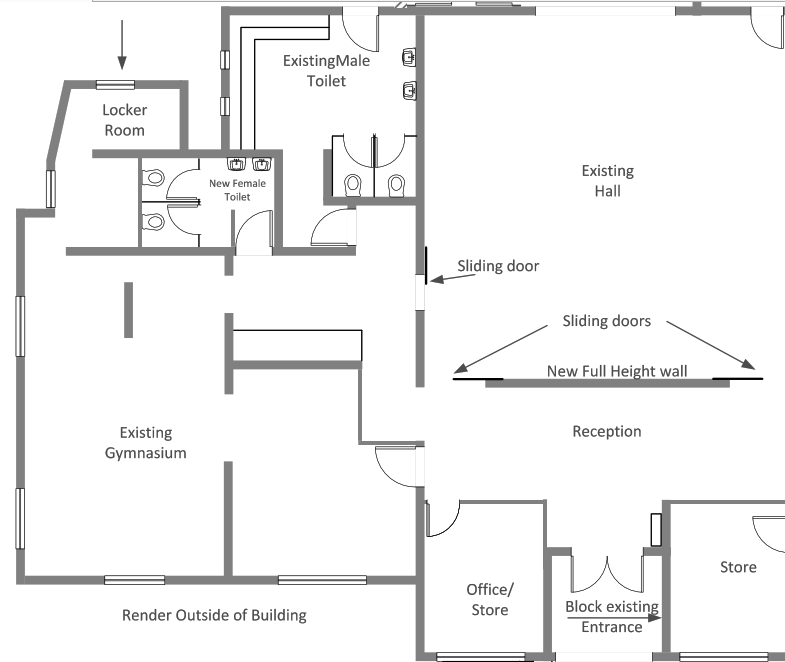
Whenever you’re looking at your first studio location or you’re looking to open a new location it’s important to have a solid projection of what everything is going to cost going into it. The reason is that you’ll want to know what your budget should be set at and if the breakeven is going to be worth it. Sometimes, 2 different spaces can vary widely and it’s best to take into account all your one-time and fixed costs before committing to a space. In this post I have laid out for you the top soft and hard costs to calculate before you make the jump...

When I was looking to finance my Studio 15 years ago, I was lost. I had no idea of my options, and there was no-one I could lean on for advice. I had exhausted all the traditional methods to secure finance until one day, when I least expected it, an opportunity arrived and I grabbed it with both hands!
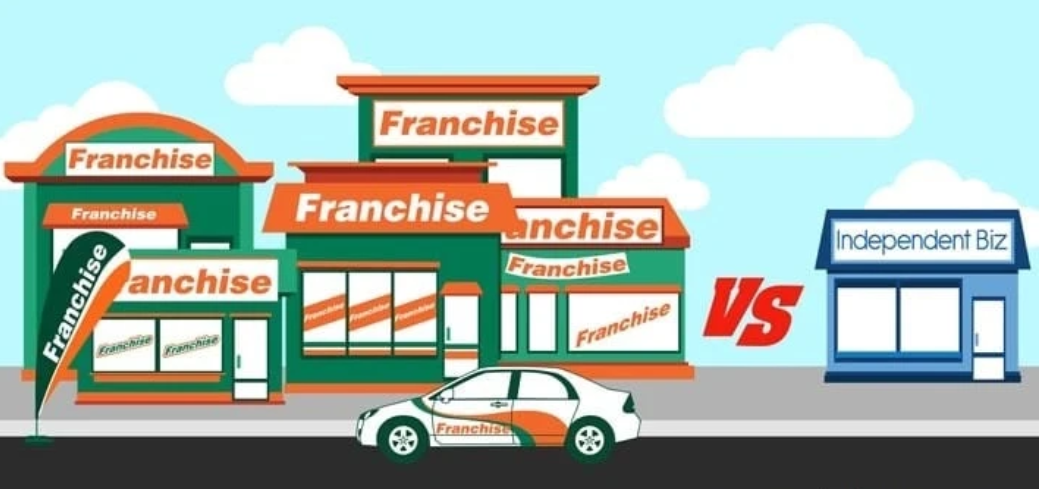
Let’s be honest.. opening your own facility is what every trainer aspires to. The pinnacle of the Industry, it’s when you have made your mark and gone to the highest level. It was always my ultimate goal to open a facility and have something I could call my own. To change the lives of the local community, create a place of education and inspiration, and to be able to say.. that’s mine, I CREATED that!

Let's backtrack a little.. it's November the year before, you're winding down to Xmas, it's been a solid year of work and you've made some decent money so you're feeling good and satisfied. That's cool, but because it's your first year in business you probably haven't experienced the next few months... now if it's not your first year in business and this is happening regularly then you definitely have to keep reading! Now, this used to be my routine for the first 3 YEARS of having my own Studio! I made good money through the year, then closed the Studio down for 2 weeks over Xmas, recharged the batteries and went back mid January ASSUMING all the clients would come back with me... seems logical, but this was a hope, not a plan. I'm a slow learner - but after the third year of this happening where I had a decent year and then suffered for the following 6 weeks between December and January, I had to make a change. After I implemented the following strategies, December ended up being my BIGGEST month of the year and set me up for the reduced cash flow in the January period when my clients were away. Here are a few things I do REGULARLY now to ensure I make solid cash over the Xmas and New Year Holiday period..
